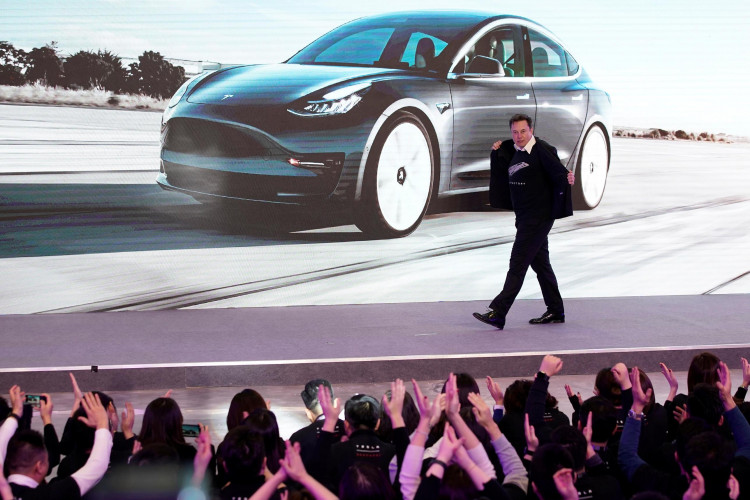December wasn't a good month for car companies in China, as they dealt with a second consecutive annual drop in profits, suggesting that the largest market in the world could be hitting rock bottom.
A 3.6 percent fall - or 2.17 million units - from sales of SUVs, sedans, minivans and multi-purpose vehicles was somehow unsurprising for carmakers that have already been seeing indications of a sluggish growth since a year earlier.
The China Passenger Car Association disclosed that the losses in the past 19 months were the 18th, despite efforts by dealers to dangle huge discounts just to clear up their ledgers.
A turtle-paced economy always deals a heavy blow to auto companies and dealerships, with tariff uncertainties caused by trade tensions keeping consumers away from showrooms.
General Motors Co. reported that its profits were down 15 percent last year in China and cautioned that lingering market pressures on its business could be much worse this year.
For 2020, the market is not likely going to be affected by factors such as regulatory changes that dragged down demand in 2019, a Beijing media group told Cui Dongshu, PCA secretary general. Cui projected an increase of 1 percent for car sales this year, excluding minivans.
Another market organization - the China Association of Automobile Manufacturers - estimated last month that the third straight annual decline in car revenues would slide by 2 percent in 2020. Based on their assessment, the full-year drop in 2019 was 7.5 percent, compared to 6 percent in 2018.
Over the past years, global vehicle manufacturers who have invested billions of dollars into China are now rethinking about expanding. Peugeot maker PSA Group sells half of its investment in a partnership that will build DS Brand cars in China.
Local auto companies are also feeling the pinch; with BYD Company reporting an 11 percent slump in profits last year, and a similar decline was bared by SAIC Motor Corp. In contrast, the decline was not as bad for premium makers like Porsche, BMW and Audi, as their clients were unfazed by the slowing economy.
Meanwhile, as Bloomberg News reported, the global market has witnessed one of its most difficult years, with auto companies declaring plans to terminate over 80,000 employees.
Chinese car manufacturers are increasingly placing their hopes for a better future on electric cars. This week, Tesla Inc. Officially unveiled its multi-billion dollar Shanghai facility, and brands like Volkswagen and Mercedes-Benz are also rolling out new electric vehicle models.





